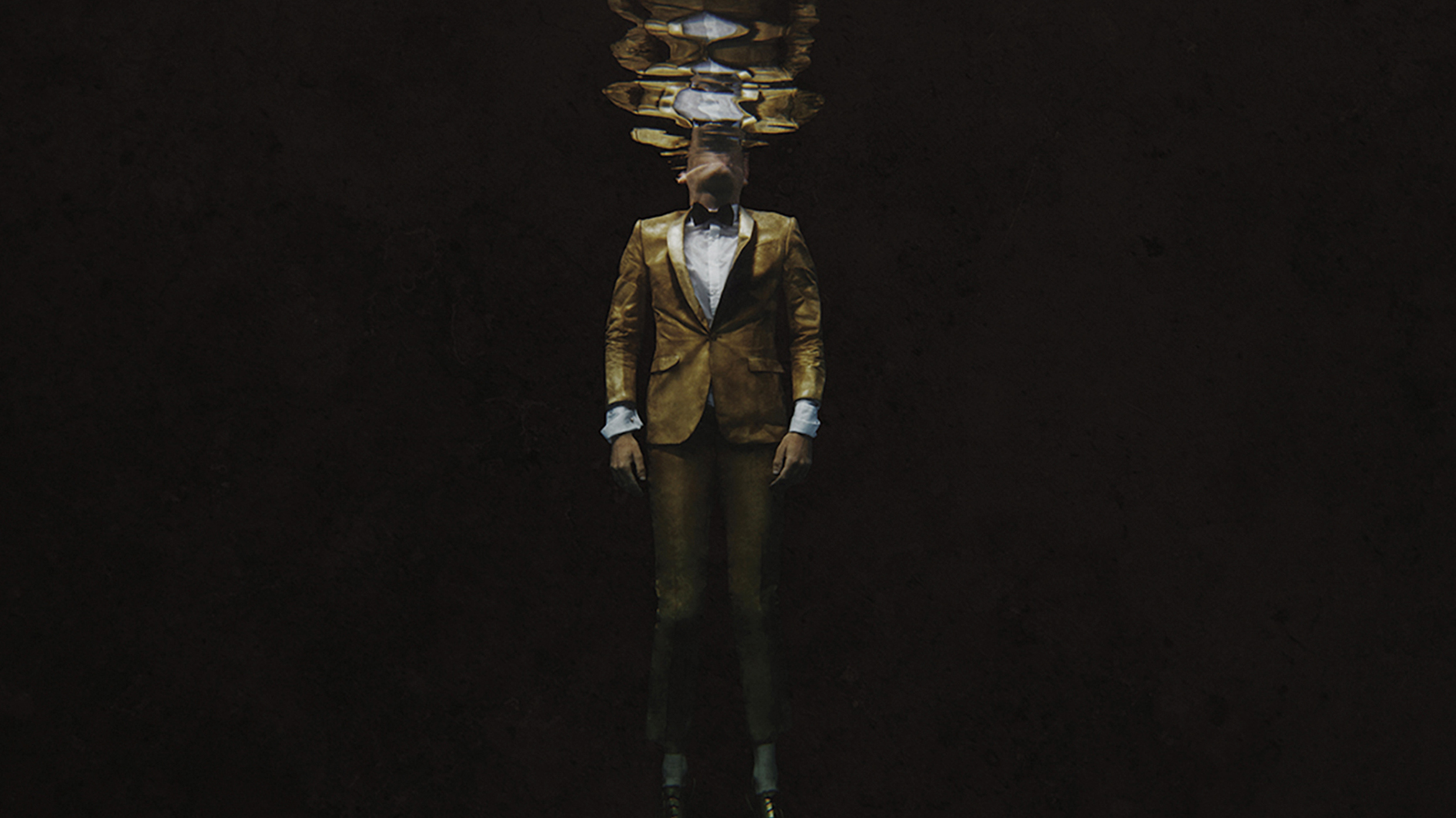You can trust Louder
Cistern was inspired by Bischoff improvising in an empty two million gallon underground water tank. That may seem a particularly eccentric idea, but he was interested in exploiting its natural reverb and these nine compositions carry a feeling of wave interference and slow moving forms. For Bischoff this exercise also brought to mind the watery oscillations and tidal ebb and flow of his childhood spent growing up on a boat.
The album was recorded in a church so there is a noticeable room reverb, albeit less than in the tank. Bischoff plays mainly bass and heads up a small ensemble of strings and winds. He favours simple repetitions of rhythm or single chords — rising waves of strings add atmosphere to the regular snare beats and tuned percussion patterns of Automatism.
These compositions have a haunted quality with eerie violins clouding the ominous bass footfalls of The Wolf. Importantly Bischoff manages to avoid the modern composition cliché of equating minimal, gloomy strings with ‘profundity’. Instead there’s a subtle energy and a peculiar animation about Cistern exemplified by The Sea’s Son, which gently moves to and fro, garnished with rippling piano in a very Eno-ish way.
Opeth to play one-off orchestra gig
Cuttin' Heads: Muddy Waters vs Heritage Blues Orchestra
Sign up below to get the latest from Prog, plus exclusive special offers, direct to your inbox!
Mike Barnes is the author of Captain Beefheart - The Biography (Omnibus Press, 2011) and A New Day Yesterday: UK Progressive Rock & the 1970s (2020). He was a regular contributor to Select magazine and his work regularly appears in Prog, Mojo and Wire. He also plays the drums.


